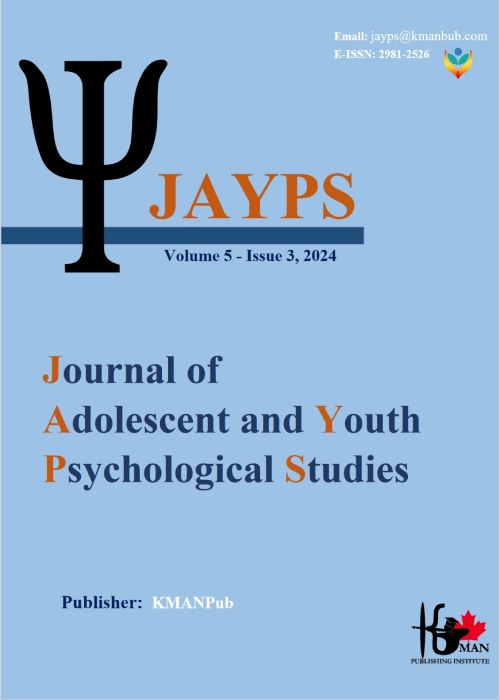The effectiveness of performance on the academic performance and academic motivation of male students of the second year of high school
Education is one of the most important institutions of a society that can provide the all-round development of people. In general, the development of individual talents and the consolidation of the foundations of collective life and the creation of understanding between human beings are done in the shadow of education. Therefore, the purpose of this research was to investigate the effectiveness of successful intelligence training on academic motivation and academic performance of boys in the second year of high school.
In terms of purpose, the current research was of applied type and the method of conducting it was quasi-experimental with a pre-test and post-test design with an experimental group and a control group and a three-month follow-up period. Therefore, the statistical population of the research included all the male students of the second year of high school who had referred to a private counseling center in the 7th district of Tehran due to academic problems. 30 people were selected by available sampling and randomly assigned to an experimental group (15 people) and a control group (15 people). Then, Sternberg's (2007) successful intelligence training approach was implemented on the test group. In order to collect data, research tools included Harter's performance questionnaire and academic motivation questionnaire (1981). The subjects of both groups completed the questionnaires at the beginning of the research and then the experimental group was trained according to successful intelligence training, while the control group did not receive any intervention. In the descriptive part, frequency distribution tables were used, and in the inferential part of data analysis, mixed variance analysis with repeated measurements and Bonferroni’s post hoc test and SPSS software version 26 were used.
The F value and the significance level of the obtained value were calculated in the variables of academic performance (F = 6.44 and P = 0.002) and academic motivation (F = 7.78 and P = 0.002). Therefore, it can be concluded that the intervention used in this research, i.e. successful intelligence training as an independent variable, significantly caused changes in the dependent variables (academic performance and academic motivation). This means that the changes made in the dependent variables were due to the implementation of successful intelligence training.
Based on the available findings, it can be concluded that successful intelligence training can be used to improve the academic status of students.
- حق عضویت دریافتی صرف حمایت از نشریات عضو و نگهداری، تکمیل و توسعه مگیران میشود.
- پرداخت حق اشتراک و دانلود مقالات اجازه بازنشر آن در سایر رسانههای چاپی و دیجیتال را به کاربر نمیدهد.


